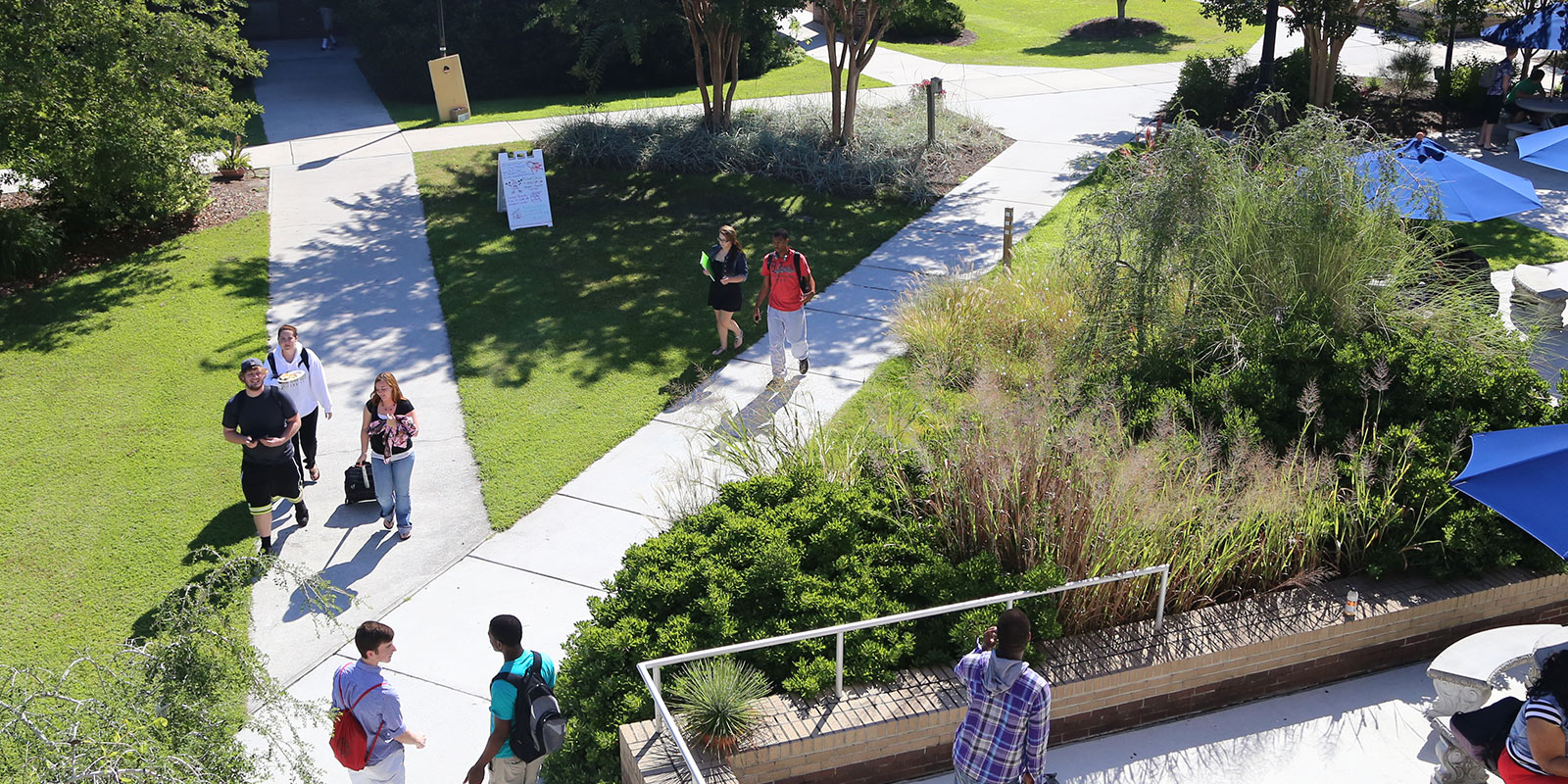Emergency Medical Science
Lecture: 2 Lab: 3 Clinic: 0 Work: 0 Credits: 3
Emergency Medical Science
Lecture: 0 Lab: 0 Clinic: 6 Work: 0 Credits: 2
Emergency Medical Science
Lecture: 0 Lab: 0 Clinic: 9 Work: 0 Credits: 3
Emergency Medical Science
Lecture: 2 Lab: 0 Clinic: 0 Work: 0 Credits: 2
Emergency Medical Science
Lecture: 1 Lab: 2 Clinic: 0 Work: 0 Credits: 2
Emergency Medical Science
Lecture: 0 Lab: 0 Clinic: 12 Work: 0 Credits: 4
Emergency Medical Science
Lecture: 3 Lab: 3 Clinic: 0 Work: 0 Credits: 4
Emergency Medical Science
Lecture: 1 Lab: 3 Clinic: 0 Work: 0 Credits: 2
Emergency Medical Science
Lecture: 3 Lab: 3 Clinic: 0 Work: 0 Credits: 4
Emergency Medical Science
Lecture: 2 Lab: 2 Clinic: 0 Work: 0 Credits: 3


